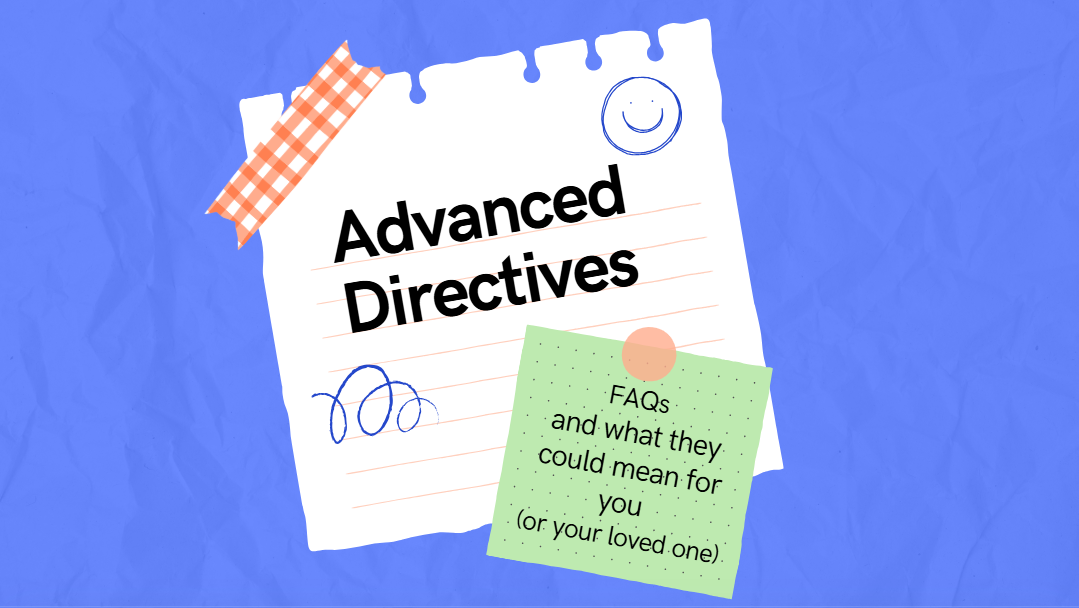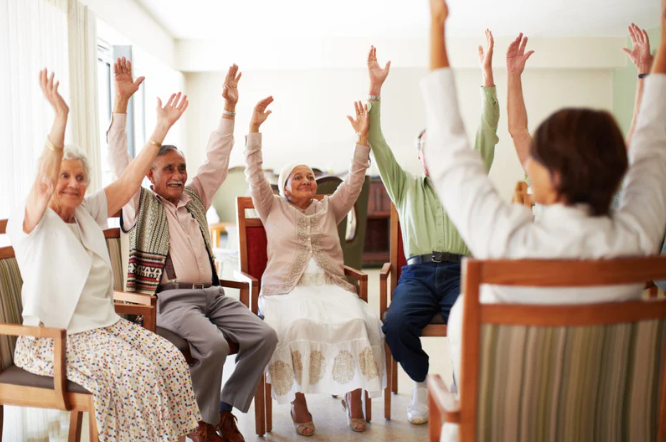Hydration Tips for Seniors: How to Prevent Dehydration in Older Adults
Hydration for seniors

Keeping Seniors Hydrated: Simple Tips & Tricks for Better Health
Discover practical ways to help older adults stay hydrated. From hydrating foods like watermelon and cucumber to daily routines and fun drinks, learn caregiver-approved tips to prevent dehydration in seniors.
Why Hydration Matters for Seniors
As we age, our bodies change, and one of the most overlooked is a decrease in the natural sense of thirst. Seniors often don’t feel thirsty until they are already dehydrated. According to the National Institute on Aging’s hydration guide, dehydration can lead to serious health issues. Dehydration in older adults can cause:
- Confusion or forgetfulness
- Dizziness and risk of falls
- Constipation
- Fatigue and weakness
- Urinary tract infections
The symptoms of dehydration are particularly concerning for individuals who already struggle with balance or tend to get confused easily. If someone has dementia, dehydration can exacerbate the symptoms and cause more difficulty for the person with dementia and their caregivers!
Prevention is always easier than recovery. With a few minor adjustments, caregivers and families can help seniors maintain adequate hydration throughout the day.
Hydrating Foods: Eat Your Water
One of the simplest ways to boost hydration is through foods with high water content. These are refreshing, easy to prepare, and feel like treats. Try:
- Watermelon, cantaloupe, honeydew – sweet and hydrating fruits
- Cucumber, celery, zucchini – crisp veggies perfect as snacks
- Oranges, grapes, pineapple, berries – juicy fruits that double as desserts
- Soups and broths – a cozy way to sip extra fluids
- Frozen fruit & popsicles – fun, cooling, and hydrating
Flavorful Drink Options
Plain water can get boring, but variety makes it easier to sip throughout the day. Options include:
- Infused water with lemon, cucumber, or berries
- Herbal teas (chamomile, peppermint, hibiscus) served hot or iced
- Coconut water for natural electrolytes
- Diluted juice (half juice, half water to cut sugar)
- Low-sugar electrolyte drinks for hot days or after activity
Daily Routine Hacks
Hydration works best when built into daily habits. Caregivers can:
- Offer fluids every 2 hours (don’t wait for thirst cues)
- Pair drinks with medications or meals
- Keep easy-to-hold cups or bottles within reach
- Use straws or favorite mugs to encourage drinking
- Track fluid intake with a simple checklist or log
Make Hydration Fun
Hydration doesn’t have to feel like a chore. Try:
- Sharing tea or sparkling water
- Experimenting with different drink temperatures (cold, warm, room temp)
- Offering sparkling water as a refreshing treat
- Serving popsicles or fruit cups as a fun snack
Watch for Warning Signs of Dehydration
Caregivers and families should watch for:
- Dry mouth
- Dark-colored urine
- Confusion or forgetfulness
- Dizziness/lightheadedness
- Constipation
If these signs appear, the person experiences these symptoms, and their caregivers should address the levels of hydration immediately; medical advice may be necessary.
Final Thoughts
Helping seniors stay hydrated doesn’t have to be complicated. With hydrating foods, creative drink options, and simple daily routines, you can make hydration enjoyable and effective. At Nurturing Hearts LLC, we believe that small steps, such as offering a popsicle on a hot afternoon, can make a significant difference in comfort, safety, and overall well-being.





